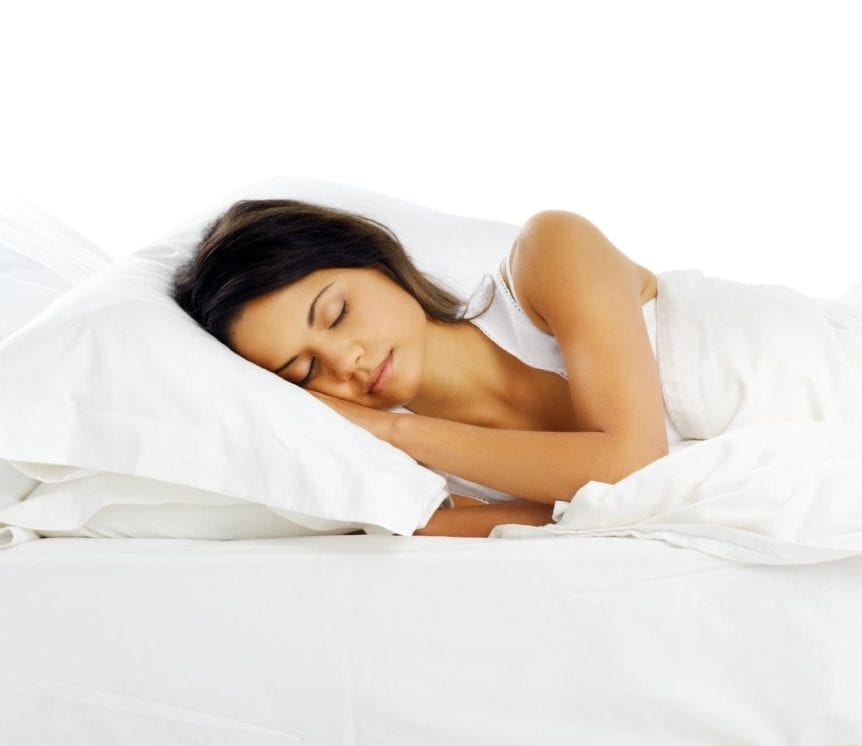Power of Melatonin
Melatonin is a key hormone in the body’s circadian rhythm cycles also known as the sleep-wake cycle. Light of all kind and of specific frequencies determines the amount of melatonin released. Full darkness increases melatonin and makes people sleepy and as daylight appears, melatonin levels drop so you awaken. Being exposed to bright light during the evening can disrupt the normal cycle. Melatonin is derived from the amino acid tryptophan that is metabolized to serotonin from which melatonin is made particularly in the pineal deep brain control center. Melatonin is also an antioxidant that regulates release of other hormones through thalamic to pituitary master gland pathways.
Food Sources
Melatonin is found in most plant sources in such small quantities (nanograms; one billionth of a gram). White and black mustard seeds are among the highest food sources of melatonin with 378 ng and 258 ng respectively. Nuts, seeds and dark fruit are additional dietary sources with 0.5 ng to 1 ng for each gram of food consumed.
Tryptophan
The amino acid tryptophan is converted into serotonin, and at night, the pineal gland converts serotonin into melatonin. Foods that contain a high amount of tryptophan may help increase levels of melatonin. The highest levels of tryptophan are found in milk and dairy products, soybeans, seafood, meats, poultry, peanuts and eggs. Eating carbohydrates together with tryptophan increases the effect on melatonin production based on work of Judith Wurtman among others.
Pantothenic acid
Pantothenate (B-5) is required for the enzyme that makes melatonin. Dietary sources of pantothenic acid are the same as those for tryptophan, such as dairy, eggs and fish, especially deep cold water fish. Vegetable sources include broccoli, sweet potatoes, mushrooms and lentils. We suggest 100-500 mg/day of pantothenate daily intake as health promoting.
Mindfulness practices
Relaxation response training and other active meditation techniques enhance restorative sleep and effectiveness of melatonin. Including a bed time practice that includes discontinuing all screens at least 30 minutes before bed as well as some combination of active meditation, dichromatic green light, a soothing bath of Epsom salt and baking soda, and abdominal breathing for a total of 20 minutes enhances restorative sleep while optimizing individual melatonin production and action.
References
- Univ of MD Medical Center
- Linus Pauling Institute; Pantothenic Acid; 2008
- https://www.askdrsears.com/topics/family-nutrition/foods-sleep/foods-help-you-sleep
- https://www.perque.com/why-living-against-the-clock-is-a-risky-business/
Did you enjoy this post? We post new content regularly! Click here to see our latest blog posts.





